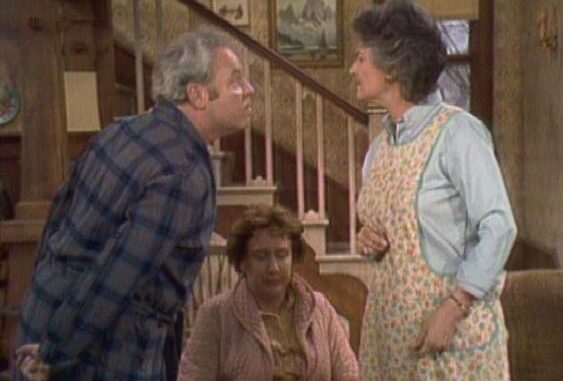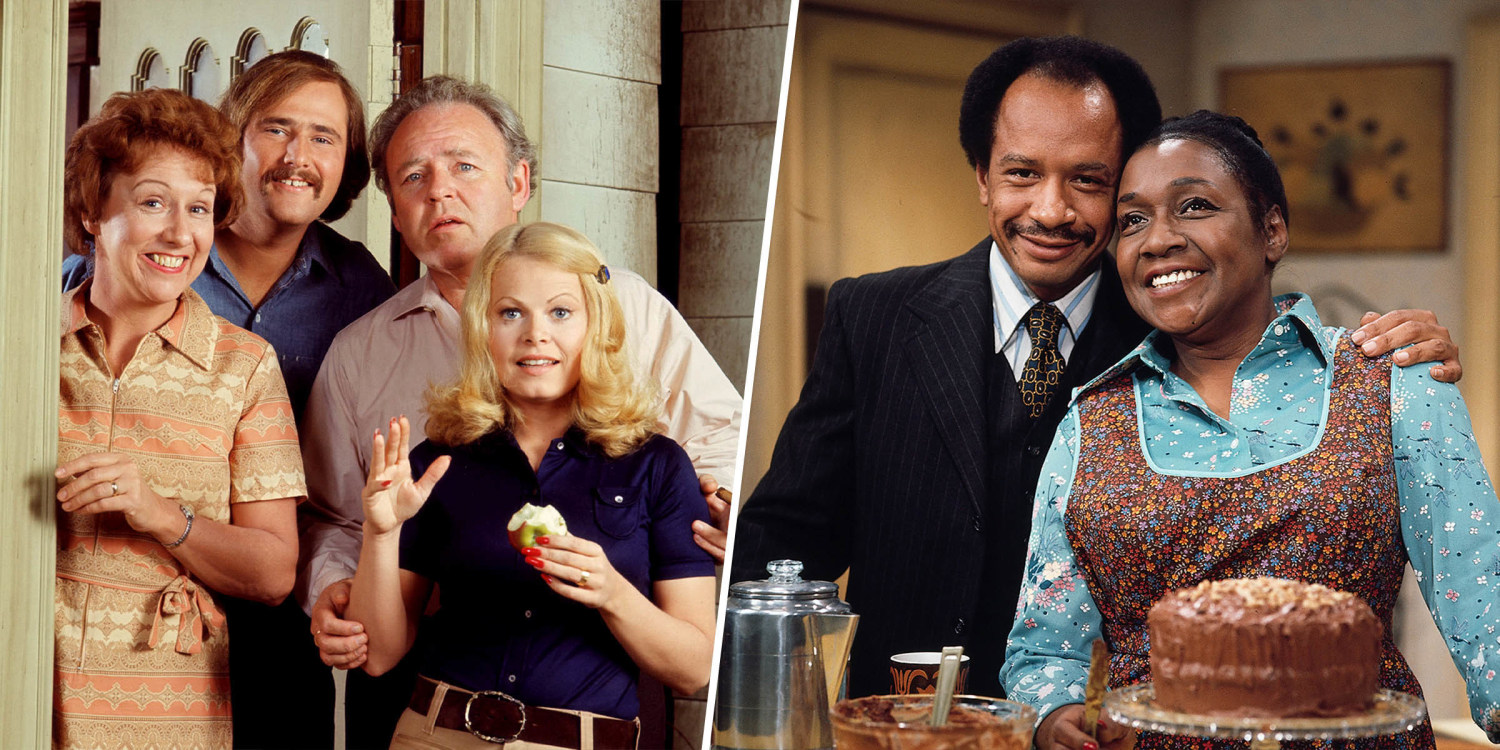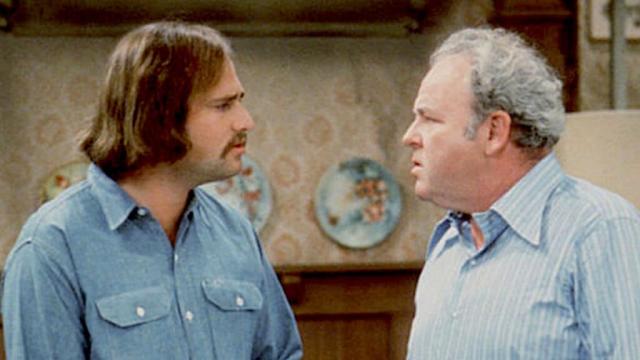
“All in the Family” Remains a Controversial Classic of Uncommon Quality
I recently asked my colleague Ainsley Andrade to watch a few episodes and write a critique of one of television’s most significant classics, All in the Family. I’m old enough to have watched the original when it first aired (January 1971 — April 1979), and even then I knew it was something special. But with each passing decade I am reminded that there really has been no other series like it in the history of American television. Conversely, Ainsley had never seen the show … he only knew of it as “the comedy about the bigot.” What, I wondered, would a young man of color who was born long after All in the Family and its continuation as Archie Bunker’s Place (September 1979 — April 1983) had ended have to say about it today?
As regular readers of his column know, Ainsley is very outspoken about the presentation and all-around treatment of Black people on television. I expected him to laugh at Archie Bunker — the central character on the show — who always struck me as such a buffoon that the bigotry and sexism that had been baked into him throughout his upbringing came off as ignorant and, of great importance in a comedy, often very humorous (bizarre as it is to say that today). Importantly, viewers laughed at Archie, not with him — just as they laughed at his neighbor George Jefferson, a Black man with a similarly bigoted approach to life. Also worth mentioning: The legendary Norman Lear, who was an executive producer of All in the Family, has said in interviews that when he looks back on Archie Bunker he sees a man who never had any fun.

When discussing this show with teens and twentysomethings today I try to put it in context. All in the Family was indeed controversial and provocative, but is broke barriers, started conversations between generations and elevated “sitcom acting” to an entirely new level. It was something completely new at a time when TV offerings were still very limited. (If you were lucky, your choices were three networks with content custom-designed to appeal to advertisers, a regional PBS channel or two and a smattering of programming on local stations.)
The world was a different place back then (though not as different as you might think, as noted at the end of this column). I was very young, but never for a minute did I think when I watched All in the Family during its original run that Archie Bunker came from a place of hatred or malignancy. He was a product of his environment. His father was cold and at times abusive. His family had no money and struggled like so many others just to keep a roof over their heads and food on the table. Archie was not at all well informed or educated (his gift for mangling the English language remains unequaled) and often such a fool that he was the very opposite of a role model. (At no time did he make bigotry appear acceptable or desirable.) Even if you thought he was funny, you couldn’t take his views seriously, nor would you want to be like him. But he wasn’t deplorable. That was the genius of the writing and of Carroll O’Connor’s legendary work as the actor who brought Archie to life.

Of course, there was much more to All in the Family than Archie’s ignorance. It was an outstanding study of a very real American working-class family at a time when the working class was being ground to dust under pressures from every direction, especially on the economic front. Archie was a devoted husband and father who spent almost every waking minute working to provide for his wife Edith (the magnificent Jean Stapleton), daughter Gloria (the egregiously underappreciated Sally Struthers) and son in law Mike (the eternally cool Rob Reiner).
In fact, over the course of the series Archie’s legendarily racist mindset actually softened, thanks to the relentless influence of sweet, open-minded Edith, budding feminist Gloria and unwavering progressive Mike, not to mention cool cat Lionel Jefferson and his mother, Louise (before they moved on up in their spirited spin-off).

